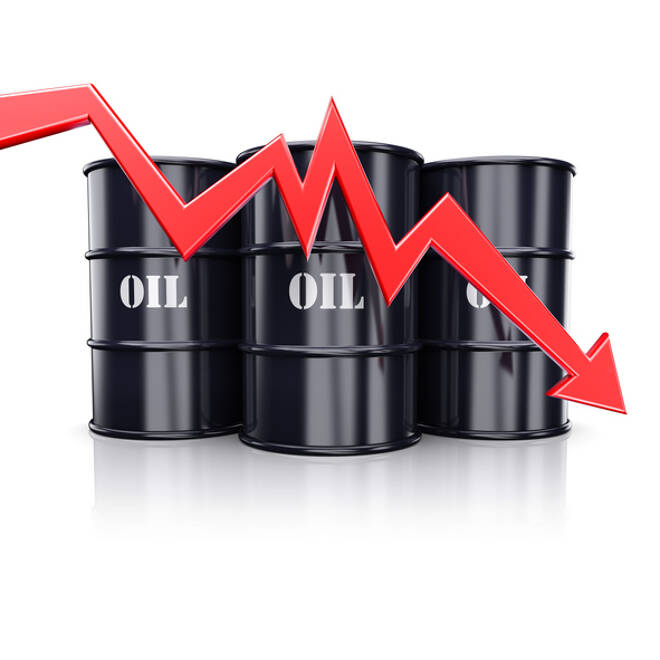Advertisement
Advertisement
Crude Oil Price Update – Bearish as Spread Between Spot Prices and June Futures Widens to $10
By:
Spot prices are particularly weak at the moment, which could eventually drag the June WTI crude oil futures contract to $12-$13 per barrel.
U.S. West Texas Intermediate crude oil futures are trading sharply lower shortly before the regular session on Monday. The catalyst behind the selling pressure is demand destruction due to the coronavirus pandemic.
Prices for the nearby May futures contract tanked 20% to $13.99 per barrel, its lowest level since mid-March 1999. Besides the plunge in demand, prices are cratering due to the impending expiration of the May contract, set to happen on Tuesday, according to Refinitiv.
At 09:38 GMT, June WTI crude oil is trading $23.12, down $1.91 or -7.63%.
Traders said the major catalysts behind the weakness are a collapse in demand, a steep fall in the nearby futures contract and the lack of storage.
Daily Swing Chart Technical Analysis
The main trend is down according to the daily swing chart. A trade through $21.64 will reaffirm the downtrend. The main trend will change to up on a move through the last swing top at $33.15.
The short-term range is $21.64 to $33.15. Its retracement zone at $26.04 to $27.40 is resistance.
Daily Swing Chart Technical Forecast
Spot prices are particularly weak at the moment, which could eventually drag the June WTI crude oil futures contract to $12-$13 per barrel. Traders should pay close attention to where the May contract goes off the board this week because this is where the June contract could go if there is no major change in the fundamentals.
Under normal trading conditions, the spread between the spot price (May futures) and the one month forward futures contact (June futures) is usually under $1.00 per barrel. At this time, the spread is about $10.00. This indicates that prices are likely to remain under pressure for at least another month.
About the Author
James Hyerczykauthor
James Hyerczyk is a U.S. based seasoned technical analyst and educator with over 40 years of experience in market analysis and trading, specializing in chart patterns and price movement. He is the author of two books on technical analysis and has a background in both futures and stock markets.
Advertisement
